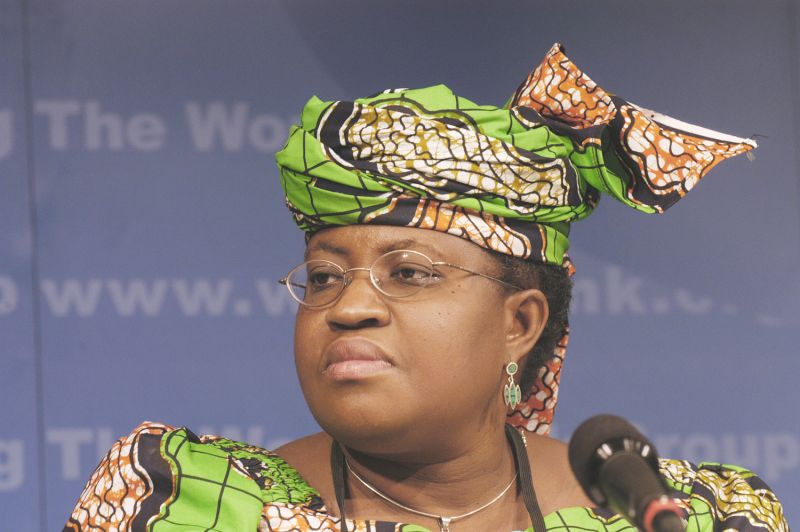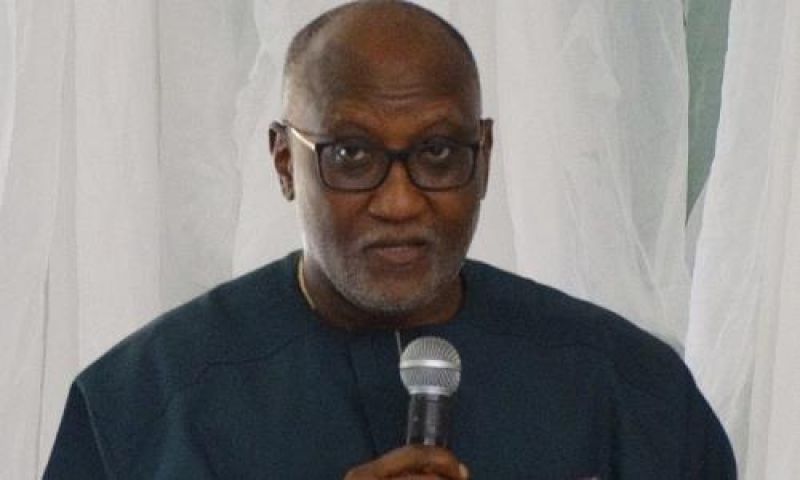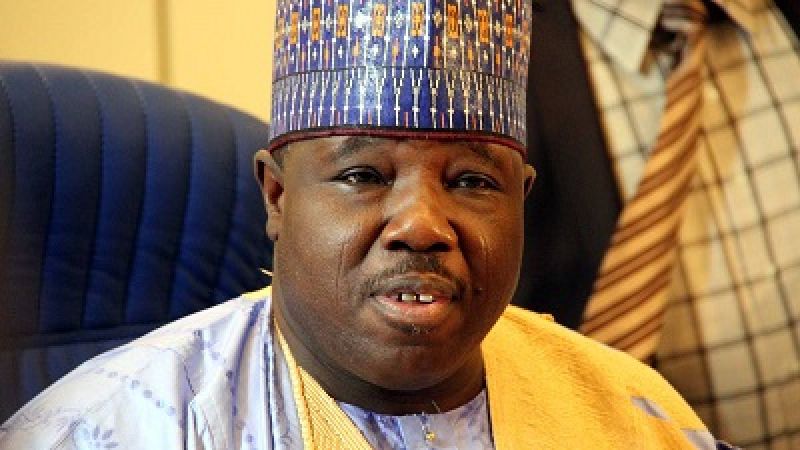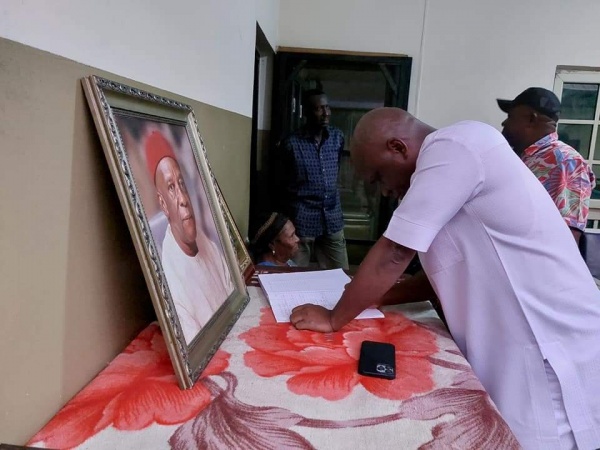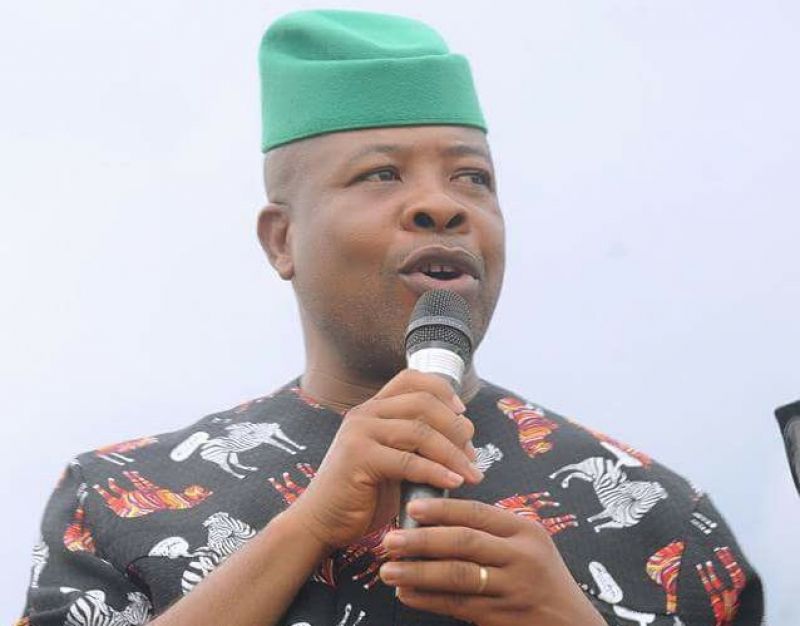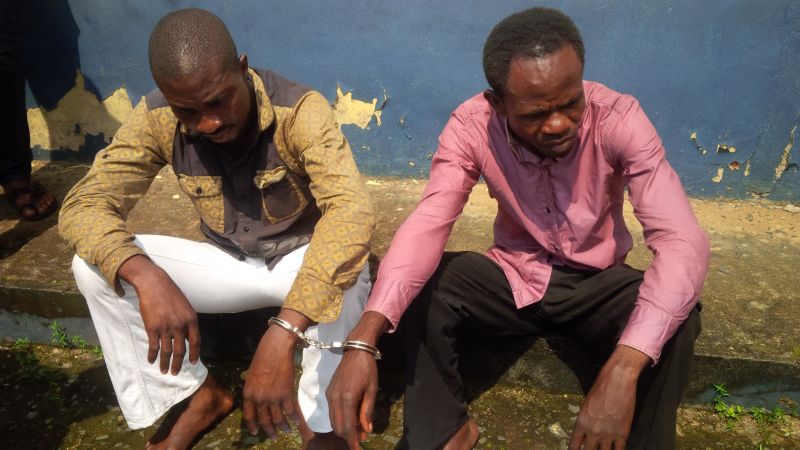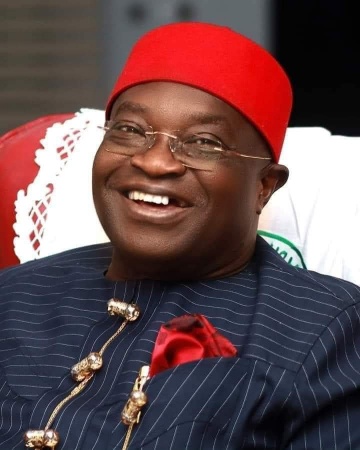How motherhood helped me overcome depression –Kaffy, dancer
Posted by FN Editor | 5 years ago | 1,423 times
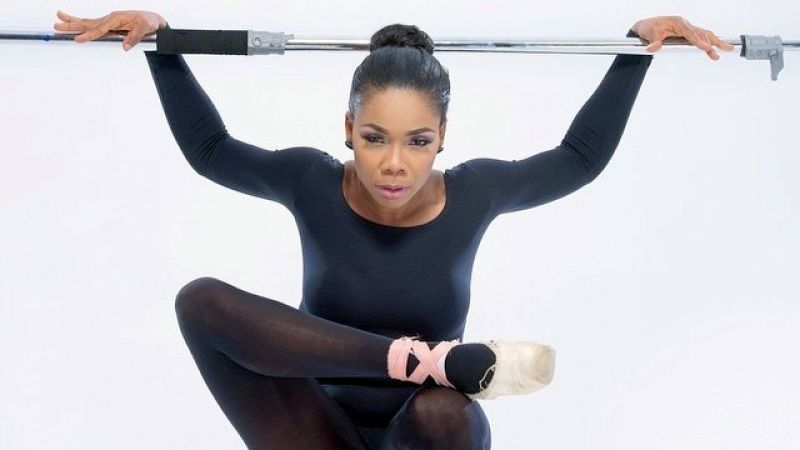
From humble beginnings, Kafayat Shafau-Ameh aka Kaffy has risen to be one of Africa’s most popular dancers.
Having carved a place for herself when she got listed in the Guinness Book of World Records, Kaffy is now poised to give back to the society.
In this chat, she opens up on her blossoming career, motherhood and plans for her forthcoming three-day event, The Dance Workshop and Conference (DWC 2019).
Tell us about growing up?
It was bittersweet. We were three kids with our mother but we had other brothers and sisters. I come from a family that was not doing badly when we started, because we were not poor. But when my parents divorced, things really got bad and we were hopping from one parent to the other, and that really affected me educationally. At some point, I resorted to home lessons because I couldn’t afford school fees. So, what I did was to get the syllabus from friends, borrow their textbooks, photocopy and study at home. And that was because I was determined to go to school. And guess what, when I finally got back to school, I had the best notes and my teachers were always wondering which school I got my notes from; it was the ‘school of home’ (laughter).
When you started, did you ever see yourself coming this far?
Wow! I did not see what it looked like but I knew it was going to happen. That is just the truth. I knew I had to do it, keep the fire burning, and thank God, I am not done yet. This is not it for me; bigger things are still ahead of me.
You were a straight ‘A’ kid and wanted to study Aeronautical Engineering. You even got a scholarship because of your love for cricket but you didn’t honour it. What really happened?
I did not turn it down, life just happened. I was supposed to go, but at that time, my parents were divorced. My father loved education and he wanted me to study all the way to university level. He promised to support all his kids’ education, so I got this partial scholarship and I had to pay something. But a family member convinced my dad that the money could take care of more than five children in Nigeria. The family member’s rationale was ‘why spend that kind of money on a girl?’ And that was the end of the dream. But instead of mourning and gnashing my teeth and be depressed, I began gorging on food and became overweight. At a point, I discovered that I could use aerobics to lose weight, so I started dancing and people liked it and they joined me. And then it dawned on me and I was like ‘wait a minute, I am actually making people happy doing this thing’. There was this profound experience I had when a woman who was always covering herself up because she didn’t have the confidence to dress the way she wanted joined me and I trained her for two or three classes. And right before my very eyes, her dress sense changed and she became vibrant, radiating a lot of confidence, and I was like ‘Wow! This is what I want to do’.
Was it your weight that led you to discover dance?
No, na food (laughter). I’ve always been dancing. I was eating because there was no food, so whenever I had an opportunity to eat, I gorged just in case I don’t get to see food again. There was a time, for seven straight months, I was drinking only garri.So, whenever I saw food, there was this propensity to overeat and I ate as much as I could; that was the psychology (laughter).
Danceaton was a major break for you. How do you feel when you look back?
I think I was very lucky. I feel that God just created a portal and I jumped right in and then He elevated me.
You transformed dance and took it to a new level, inspiring lots of young people. How do you feel being an inspiration to the youth?
I feel great and obligated to always be responsible. That is why I am very careful of what I do, because a lot of people are watching and I don’t want to give them wrong impression about me. I feel very blessed but sometimes it feels like a burden. You can’t do wrong because somebody is going to use you as an excuse to do worse (laughter).
Before your break, was there any point you felt like quitting?
No, I never did. Yes, I was frustrated about a lot of stuff going on around me and it was really tough. Imagine having to drink garri for seven months (laughter). But quitting wasn’t an option; it was never an option.
Your seventh wedding anniversary comes up this year. How has the journey been?
Like I always say, marriage is not for babies. It is not easy, we have our ups and downs, but we are still here together. It is by God’s grace.
How has motherhood transformed you?
Greatly. Motherhood helped me overcome depression. There are times when you are frustrated by everything around you and you feel the entire world is going to crash on your head. You just feel down but then you need to do stuff because you are a mum. You see, there is this genuine love that radiates from your child to you, and regardless of what is going on in the world, you know that this child loves you and the love is always fresh. And so I learnt to lock into that love and use it as a springboard to forge ahead, and then I begin to see that God loves me so much he decided to bless me with the child.
You and your husband work in the same industry and the belief is that such marriages don’t work, but you guys have been coasting along for the past seven years, what’s the secret?
For those that it doesn’t work for, I don’t know what their problem is. However, if you and your spouse are in the same industry, many factors can make it competitive and unhealthy. But it is also a good platform for you guys to understand each other. I always say it, my husband and I understood each other from the very beginning, but we grew and are still learning; this is just the seventh year.
Was it love at first sight?
It was friendship and not that butterflies in your stomach scenario (laughter). We were two friends that just grew comfortably with each other, and then love happened, and here we are today.
How did he pop the question?
He put food in the microwave and complained that I had not warmed the food, and I was like ‘oh, I have already warmed it’. But he insisted that I warm it again and I grudgingly went to the kitchen, and when I opened the microwave, lo and behold, I saw an engagement ring. Today, the rest is history, even though I was in shock because I wasn’t expecting to find a ring inside the microwave (laughter).
You are a busy executive. How do you create time for your husband and kids?
There are times when I have enough time and then, there are times I don’t. But for me, what is important is that, the time that I have, I try to make the best of it.
Tell us more about your forthcoming event, The Dance Workshop & Conference Africa.
It is a project that will create a shift in the industry. The Dance Workshop & Conference was curated to inspire, motivate, educate, train and re-orientate the minds of young people about the use of talent to create wealth.
What inspired it?
It was inspired by lots of experiences I’ve had in the industry. It addresses the mystery of why creative artistes are at the bottom of the rung of the ladder in an industry they serve with so much passion. I believe that aside artistes, bankers and every other person, there are people behind these guys that make the industry worthwhile. There are the make up artistes, hairdressers, videographers, pressmen and so many other creative minds that allow the industry function. And it will be unfair not to create a platform where these minds have a voice, and that voice is to help eradicate the wrong and misleading ideas in terms of how you prosecute your services, promote the values that you put in into the industry you cater for and also, how to create a platform where you can access training that would not be readily available to you.
What is going to drive this initiative?
Dance is going to drive it but the conversation is going to be broader than just dance. People see dance from just movement and shaking of the body, but dance is an art of communication. And the power of dance transcends all sectors. In the health sector, dance is one of the greatest forms of physical fitness. Under the health sector, we also look at the psychology and physiology of the human mind and body. Dance helps you gain the highest level of controlling emotions, eliminating toxins and bad thoughts, eradicating depression and also reformation of the mind especially those who have been rejected by society. Dance also can be used as a form of education because of the intricacies of how it is executed in terms of skill. There is no way you are a dancer and you will not require discipline, retentive memory or challenge your thinking and cognitive skills, your locomotion and range of motion. Dance is also a lifestyle-servicing tool. People dance at weddings, at burials and even at wars. There is dance for war, so dance is 360 and in Africa, dance is part of us, we just love it.
What has been your most challenging moment as a dancer?
Presently, I have taken this dream to a level and it is visible to everybody. I believe people should open their hearts and support it. I shouldn’t be struggling for support at this point, because I am doing something that is empowering the youths and helping society. If I had people supporting my ideas the way I want, I will be opening an art village soonest, and that is where I am going.
What has dance done for you?
Dance has taught me life endurance lessons and how to relate with people.
What is the secret to your success?
God, I hold God dearly.
Do you have any regrets?
No, I have converted them all to lessons.
What advice do you have for young girls who want to take after you?
Be careful what you wish for. Taking after me is not the issue. Using my life as inspiration or template is not a problem either but don’t try to be exactly me because you can use me to be a better you.
Readers Comments
comment(s)
No comments yet. Be the first to post comment.

